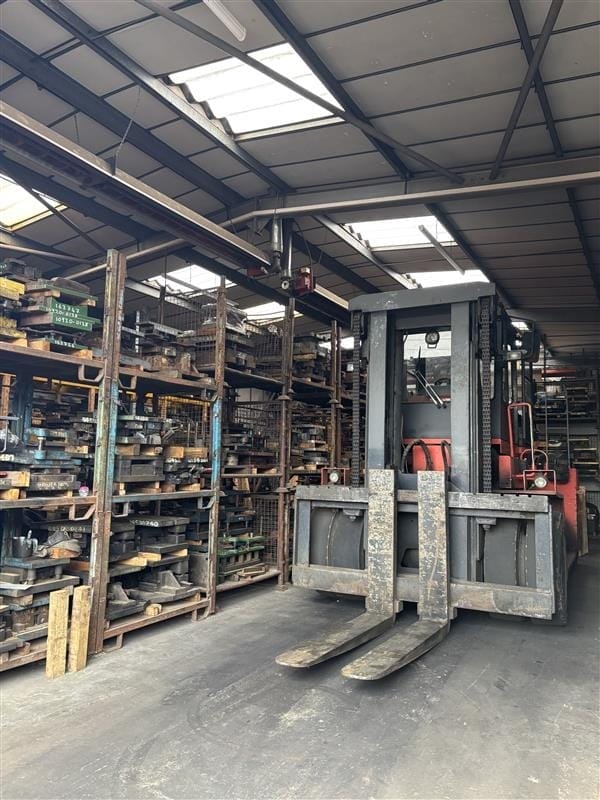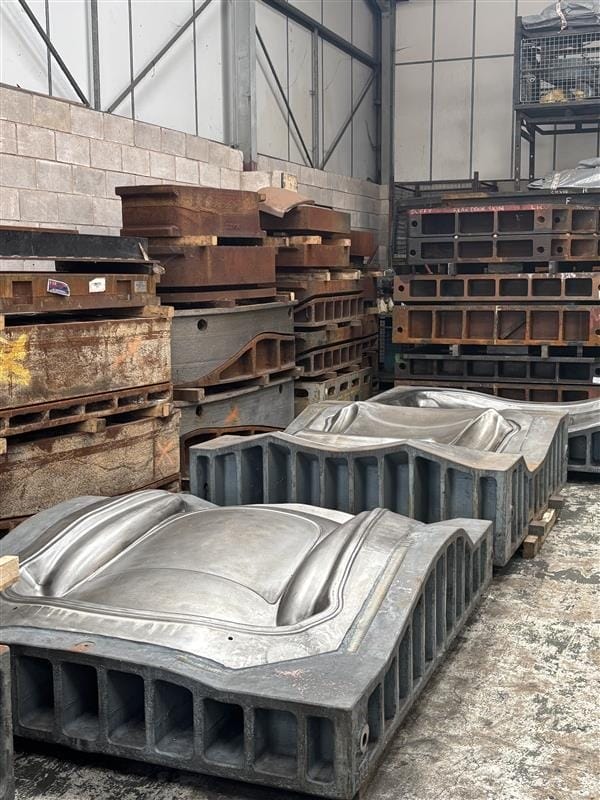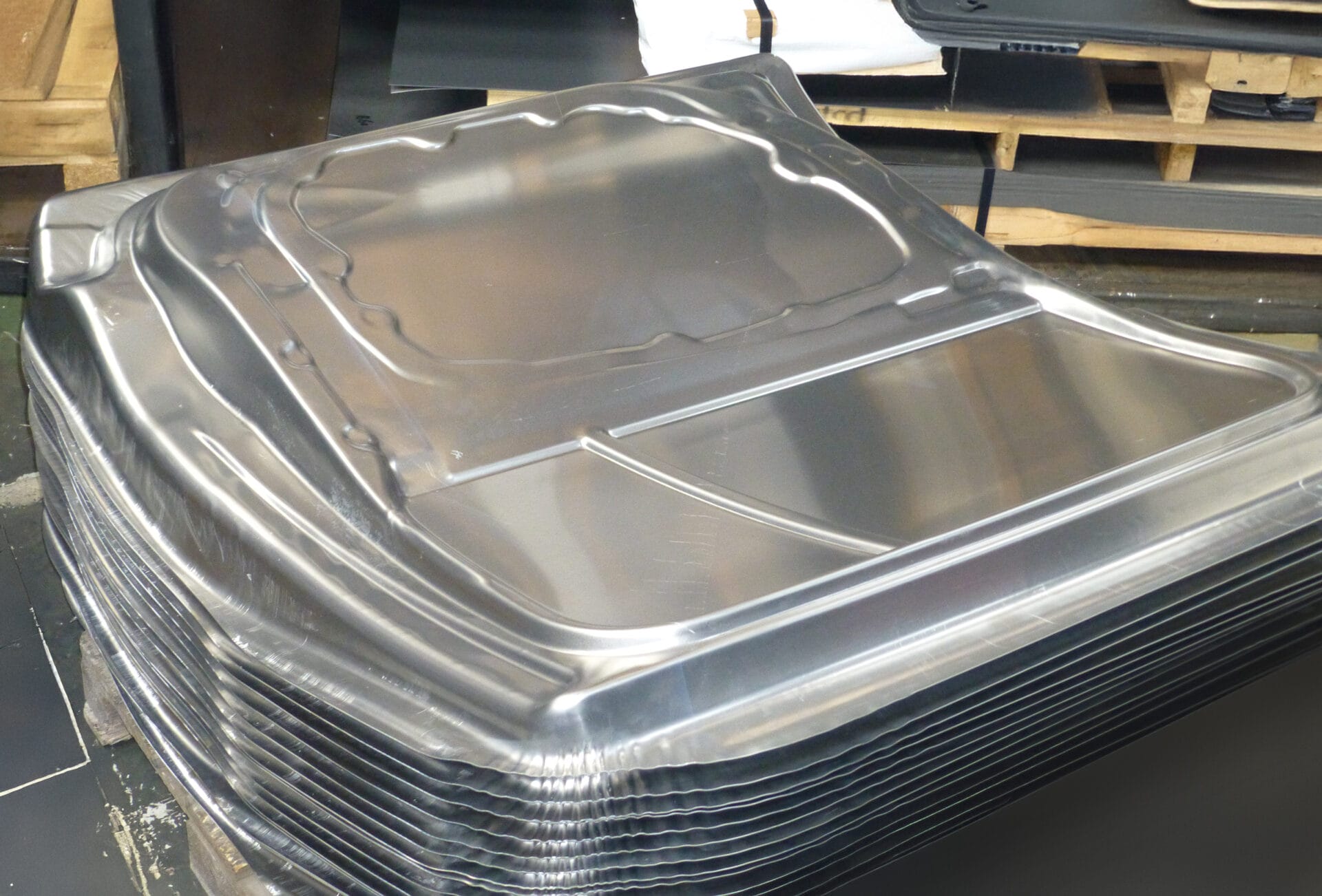Rising Costs and the Need for Transparency
Metal fabrication is a critical part of many manufacturing supply chains, from automotive and white goods to construction and industrial equipment. Yet, understanding metal fabrication costs in the UK can be a challenge.
With energy price fluctuations, material shortages, and labour constraints, it’s never been more important for procurement teams and design engineers to understand what drives fabrication pricing and how to control it.
At Taylor Pressform, we believe in transparency. Every quotation we issue includes a detailed job sheet, allowing customers to see exactly how their costs are structured.
1. Material Type and Thickness
The choice of material has a direct impact on fabrication costs. For example:
- Mild steel (up to 3 mm thick) offers strength and cost efficiency.
- Aluminium (up to 1.5 mm thick) is lightweight but often more expensive.
- Stainless steel (up to 1.2 mm thick) provides corrosion resistance but requires careful handling during pressing.
Selecting the right material for your application early on can prevent costly redesigns later in the project.
2. Tooling and Setup Requirements
Tooling is one of the largest initial investments in any fabrication project. However, a well-designed tool can deliver thousands of repeatable components at a low per-part cost.
Taylor Pressform can work with customer-owned tooling or create new tooling tailored to your product. We also offer modifications to existing tools, helping customers save time and money while improving production reliability.
3. Production Volume and Batch Size
Unit cost decreases with higher volumes, but overproduction can tie up cash flow and storage space. At Taylor Pressform, we handle batch quantities up to 1,000 units for large components and 5,000 for small parts, allowing flexibility based on your forecast demand.
This scalable approach helps businesses maintain lean manufacturing principles while meeting their delivery schedules.
4. Labour and Processing Time
Unlike high-volume automated factories, Taylor Pressform operates using manual and semi-automated processes, giving us greater control over quality and enabling quick adaptation to bespoke or short-run projects.
While this approach can influence labour costs, it ensures that every component meets our exacting standards, a priority for sectors like automotive, boilers, and electronics.
5. Location and Logistics
Working with a West Midlands-based supplier offers cost advantages through reduced transport times and easier communication. Many clients find that moving production from overseas to the UK not only lowers risk but also improves responsiveness and quality oversight.
Partnering for Long-Term Value
Ultimately, managing metal fabrication costs in the UK is about partnership. By engaging a supplier who understands your priorities, whether cost, speed, or precision, you gain far greater control over total project value.
Taylor Pressform combines decades of expertise, ISO 9001 quality assurance, and a reputation built on word of mouth since 1985.
Visit our contact page to request a free, no-obligation quotation or speak to our engineering team about your next fabrication project.




